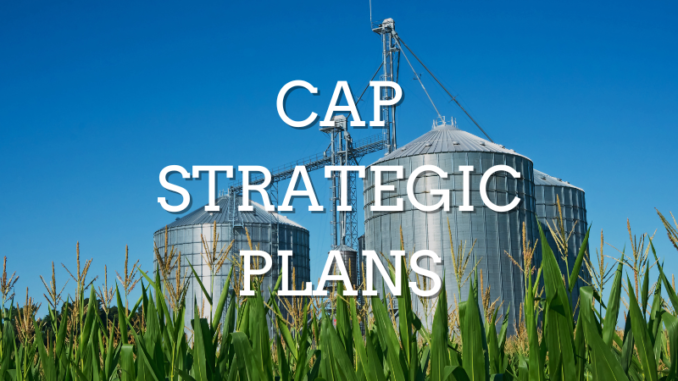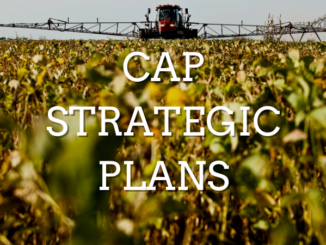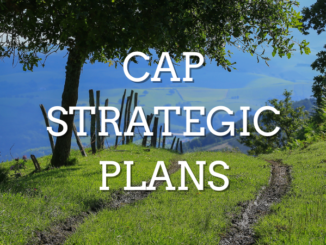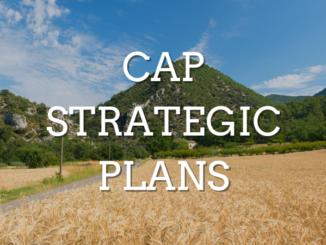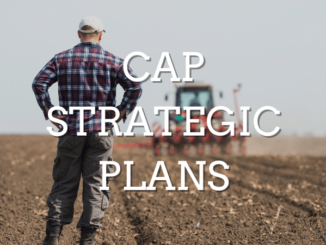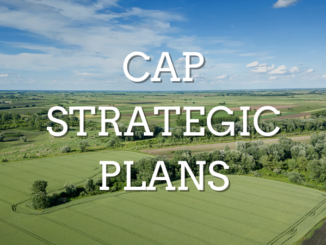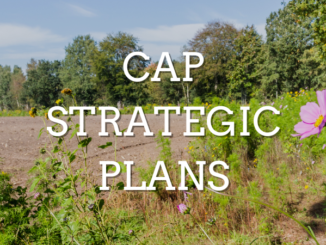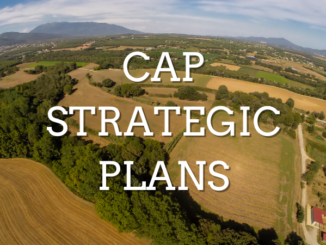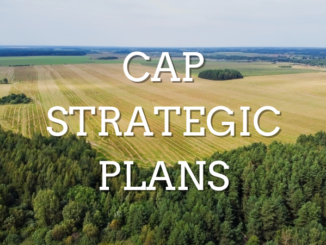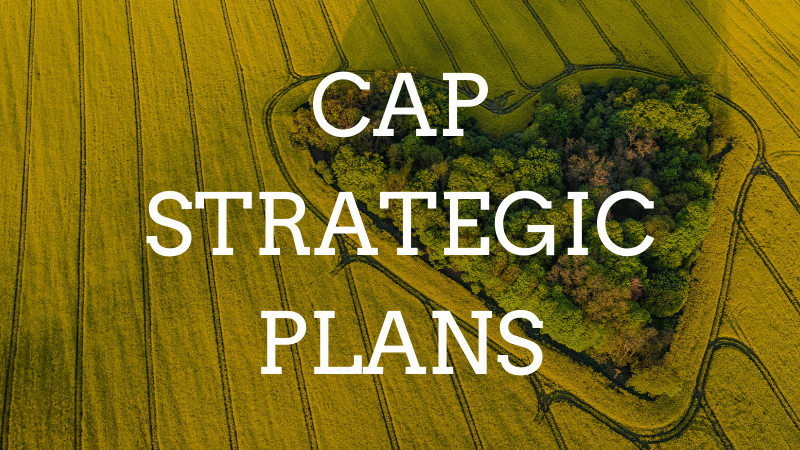
Since the 2019 communication of the European Green Deal, ARC2020’s CAP Strategic Plans Project has been providing consistent analysis on the CAP reform post-2022 and the design, negotiation and approval of National CAP Strategic Plans. For the years to come, we want to bring the project on the next phase, in a new setting. This is why and how.
Why we need a critical action research on CAP Strategic Plans with European, agroecological and integrated rural lenses?
The long road to the CAP Strategic Plans began in 2018, when three CAP legislative proposals were presented by the Junker’s Commission to the EU co-legislators. The road was political, but also very technical. Since then, the CAP reform has witnessed the gradual dilution of the initial environmental and social equity ambitions, and the alignment with the Green Deal has yet to come. Meanwhile, the previous Commission’s technical apparatus and power contol has been re-shuffled and face-lifted in the so called CAP Networks, Long-term visions, and Horizon-2020 projects. Outside the CAP, things have changed too.
The war in Ukraine has definitely fuelled up an ongoing and sterile dycothomous debate putting food security at odds with social and climate justice, distracting the attention from trade speculations, unsustainable agri-trade systems, and inequalities. Food and production prices are soaring, while people’s purchasing power is going down. Wars have always been in the background of European policies and were already a thing since the CAP was agreed in Rome (1958). But the trend towards nationalisation, privatisation, and liberalisation of agri-food and trade policies are catching on quite substantially.
The CAP, once a leading force for European integration and diversity, is now the arena of nationalisation and unbalances between regions. EU trade agreements, enforcement mechanisms, and state aid rules are being liberalised, fragmented, and poorly managed at EU level. The private sector is also finding new ways to shape the CAP and channel public fundings towards financial investments in the agricultural sector, either via private insurances (risk management tools), corporate farming (investments), or food corporations (sectorial type of interventions and POs). Private fundings in agriculture might be on a path to replace or downgrade CAP interventions, for example through the setting up of private carbon farming schemes and the use of Voluntary Carbon Markets.
The timeline ahead for CAP changes is quite tight. With the first CAP annual performance review and amendments, 2024 European elections, and 2025 Commission’s review of the policy in sight, we are all called on to regularly watch these developments very critically, and strategise around short and long term constructive alternatives. The future of CAP will only be better if agri-, food-, and rural matters are integrated coherently at multiple levels of governance in the EU and beyond.
How do we want to proceed?
- Starting from the basics, again: transparency and inclusivity in CAP implementation and evaluation process
With all CAP Strategic Plans now approved, much of focus is shifting from projections to real time implementation and evaluation. The CAP performance monitoring and evaluation framework (PMEF) for the 2023-2027 period has a new outlook, but society at large is aware of the flaws and missed opportunities of this governance tool. New digital technologies continue to promise a modernised CAP and more accurate volumes of micro-data, but basic access to public statistics and information like CAP beneficiaries is still in a primitive and old fashioned state in many Member States. New actors such as the CAP Networks are in the best position to curate CAP information and make it accessible to the public audience and researchers. They can fact-check the Commission’s own analyses and the CAP Strategic Plans, bringing clarity and independent information for deeper analyses.
At the same time, the CAP unfolding in the Member States requires a shift in the attention from Brussels to national capitals, regions, and local areas. Will the interactions between various multi-level governance bodies bring an added value and respect different views, such as those of official bodies (CAP monitoring committees, managing authorities, paying agencies, networks)) and civil society groups, researchers, and small-medium enterprises? Is DG AGRI preparing the evidence basis and building information systems to carry out impartial and meaningful assessments of the CAP reform post-2022?
- Looking at the substance: environmental, economic, and social dimensions of the national strategic plans
CAP Strategic Plans entered into force just in January 2023, with a number of elements containing novelties in terms of content and delivery: ecoschemes, new result oriented AECM measures, sectorial type of interventions, insurances, social conditionalities. How is the design of new interventions working in practice? Are the plans meeting the expectations in a new reality and world? International trade is shaking agri-food markets: how is the CAP responding with the CAP Strategic Plans, but also with EU decisions to improve farmers bargaining powers and crisis reserve.
- The big picture: Overlapping EU policies and implications for third countries
Thinking outside the CAP, how are the plans interacting with new EU legislations, such as on carbon farming, GMO deregulation, green claims, quality schemes, pesticides, unfair trade practices, sustainable food systems frameworks? Many of those legislative proposals, such as the Sustainable Use of Plant Protection Products Regulation or the Certification for Carbon Removal framework have overlapping goals with the CAP. They also often rely on the CAP to implement measures and finance them. But is the current CAP the right tool to support the Green Deal in its completion?
Finally, in a globalised world, decisions at the EU level can also have major consequences in developing regions. What are the implications of CAP SPs at international level, for instance in terms of food & feed trade, environment, worker rights, farming systems, rural development, cooperation and gender?
If you are interested to join the team: welcome on board!

